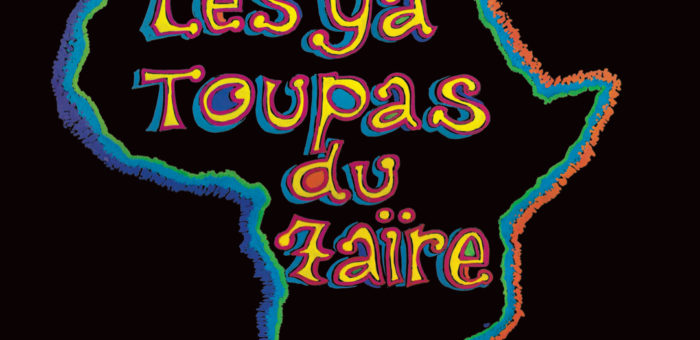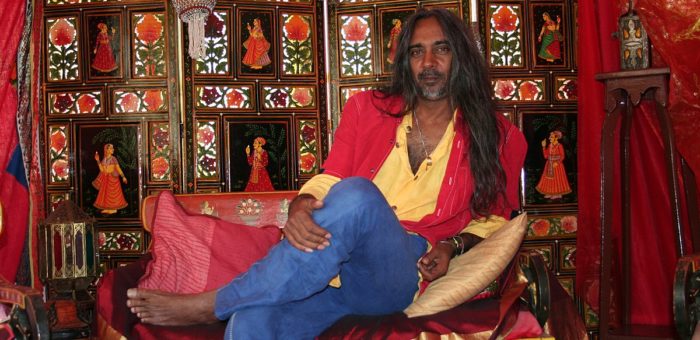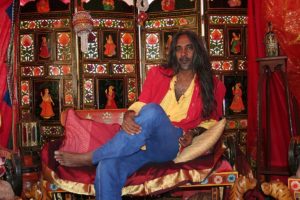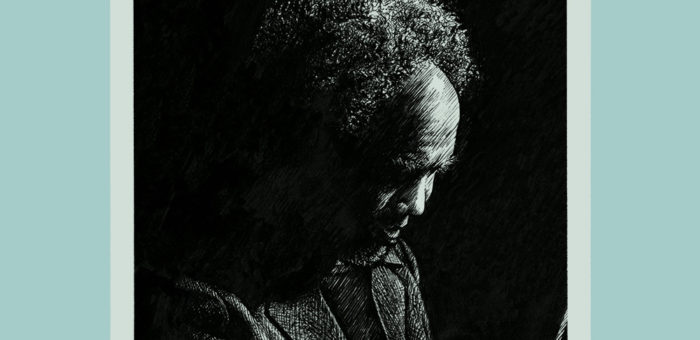Nous sommes très fiers de vous présenter les YA TOUPAS du ZAIRE.
L’album sera disponible fin août 2020 :
🔜 🎧 🎧 🎧 🎧 www.thepusher.fr 🎧 🎧 🎧 🎧
Le groupe se forme en 1976 avec :
Bopol Mansiamina
(Basse – Mode Succès, 4 étoiles.. )
Manuaku Waku
(alias Grand Zaiko Wawa),
et Ray Lema
(Piano, Orgue et Guitare).
Entre 1976 et 1978, Ils enregistrent plusieurs 45 T dont le fameux titre “Je ne bois pas beaucoup” (1976) compilé sur TROPICAL DISCOTHEQUE (SOFRITO, 2011).
En 1978 cet album instrumental, unique et inclassable,
produit par Gérard Akueson (founder of Akue Records and Abeti’s producer)
Ce LP est composé de rythmes Afro jazz minimalistes et de grooves deep funk proches par moment d’une trance tropicale, le tout joué par des musiciens qui avaient l’habitude de proposer des rythmes plus classiques de Rumba.
C’est leur unique album avant le départ en 1979 de Ray Lema pour les Etats Unis et ensuite la France.
Le départ de Ray Lema fait suite à un violent désaccord qui l’a opposé au dictateur MOBUTU alors en place au ZAÏRE.
N’oublions pas que l’album est sorti en 1978 et que le départ de cet élément principal a probablement entraîné la dissolution du groupe.
Bonne écoute
YATOUPAS is a band formed in 1976 by:
Bopol Mansiamina (Bass – Success Mode, 4 stars ..)
Manuaku Waku (aka Grand Zaiko Wawa),
and Ray Lema (Piano, Organ and Guitar).
Between 1976 and 1978, they recorded several 45 T’s including the famous title “Je ne bois pas beaucoup” (1976) compiled on TROPICAL DISCOTHEQUE, SOFRITO in 2011.
In 1978 this instrumental album, unique and unclassifiable,
produced by Gérard Akueson (founder of Akue Records and Abeti’s producer)
This LP is composed of minimalist Afro jazz rhythms and deep funk grooves that are close at times to a tropical trance, all played by musicians who used to offer more classic Rumba rhythms.
It is their only album before the departure in 1979 of Ray Lema for the United States and then France.
Ray Lema’s departure follows a violent disagreement which opposed him to the dictator MOBUTU then in place in ZAIRE.
Let’s not forget that the album was released in 1978 and that the departure of this main element probably led to the dissolution of the group.



